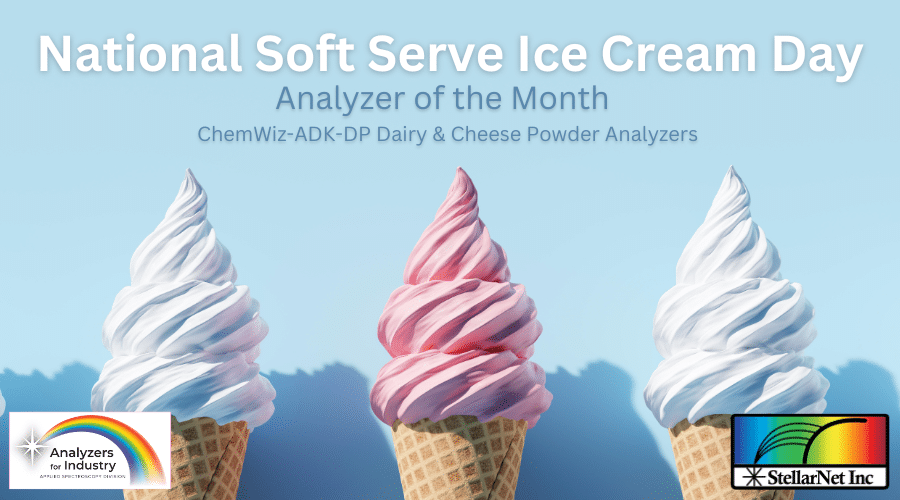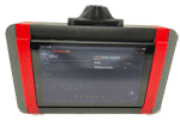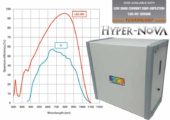
Near-Infrared (NIR) spectroscopy is a valuable tool for quality control in the production of soft serve ice cream powders. It offers several advantages for measuring various quality attributes quickly, non-destructively, and with minimal sample preparation. Here’s how NIR spectroscopy can be useful in soft serve ice cream powder analysis!
Moisture Content Analysis
Moisture content in soft serve ice cream powder is critical for shelf life, texture, and consistency. Excess moisture can lead to clumping and spoilage, while too little can affect the reconstitution process and final product quality. NIR spectroscopy can rapidly and accurately measure moisture content without the need for drying or chemical analysis, making it ideal for real-time quality control.
Fat Content Measurement
Fat content in ice cream powder is essential for the texture, creaminess, and flavor of the final product. Consistent fat levels are necessary to meet product specifications and consumer expectations. NIR spectroscopy can assess fat content by analyzing the absorbance of specific wavelengths associated with lipids. This enables quick monitoring of fat levels during production.
Protein Content Analysis
Protein levels affect the nutritional value, texture, and structural integrity of the soft serve ice cream. Maintaining consistent protein content is vital for product uniformity. NIR can measure protein content by detecting absorbance in the NIR region corresponding to the bonds in protein molecules. This allows for fast and accurate protein quantification.
Carbohydrate Analysis
Carbohydrates, including sugars and starches, contribute to the sweetness, mouthfeel, and freezing properties of soft serve ice cream. Consistent carbohydrate levels are necessary for maintaining the expected flavor and texture.
NIR spectroscopy can estimate carbohydrate content based on specific absorption bands related to carbohydrate structures, providing rapid analysis without extensive chemical processing.
Powder Homogeneity
Uniform distribution of ingredients in the powder is crucial for consistent reconstitution and final product quality. Poorly mixed powders can lead to inconsistent ice cream texture and taste. NIR spectroscopy can assess the uniformity of the powder by scanning multiple points within a sample, detecting variations in composition that indicate inhomogeneity.
Detection of Adulteration and Contaminants
Ensuring the purity of soft serve ice cream powder is critical for food safety and compliance with regulations. Contaminants or adulterants can compromise product quality and safety. NIR can detect unexpected substances in the powder by identifying spectral deviations from the standard profile, providing a quick method to screen for contaminants.
Process Control and Optimization
Real-time monitoring and control of the production process ensure consistent quality and efficiency in manufacturing. NIR spectroscopy can be integrated into the production line for continuous monitoring, allowing for immediate adjustments to process parameters to maintain quality standards.
Shelf Life Prediction
The stability of soft serve ice cream powder during storage is crucial for maintaining quality until it reaches the consumer. By analyzing moisture, fat, and other components, NIR spectroscopy can help predict shelf life and ensure that the product remains within specification over time.
NIR spectroscopy is an effective and versatile tool for quality control in the production of soft serve ice cream powders. It allows for the rapid, non-destructive measurement of critical parameters such as moisture, fat, protein, carbohydrates, homogeneity, and the detection of contaminants. By integrating NIR spectroscopy into the quality control process, manufacturers can ensure consistent product quality, optimize production processes, and enhance overall efficiency.

















